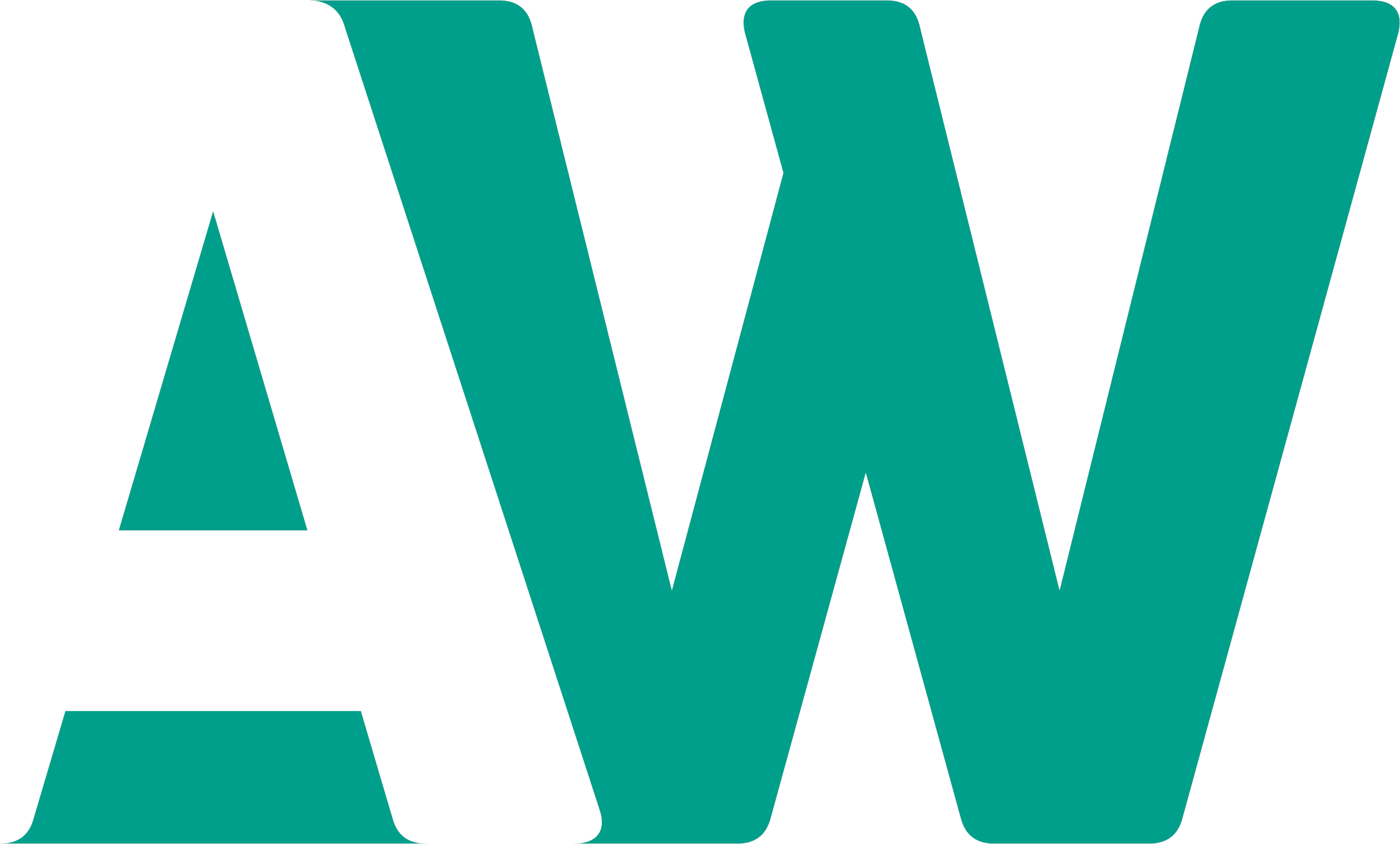Is it worth paying voluntary Class 3 NICs?
The payment of National Insurance contributions is linked to entitlement to the state pension. If sufficient National Insurance contributions of the right type are paid for a tax year, that year counts as a qualifying year for state pension and benefit purposes. A person may also secure a qualifying year if they are awarded National … Read more










